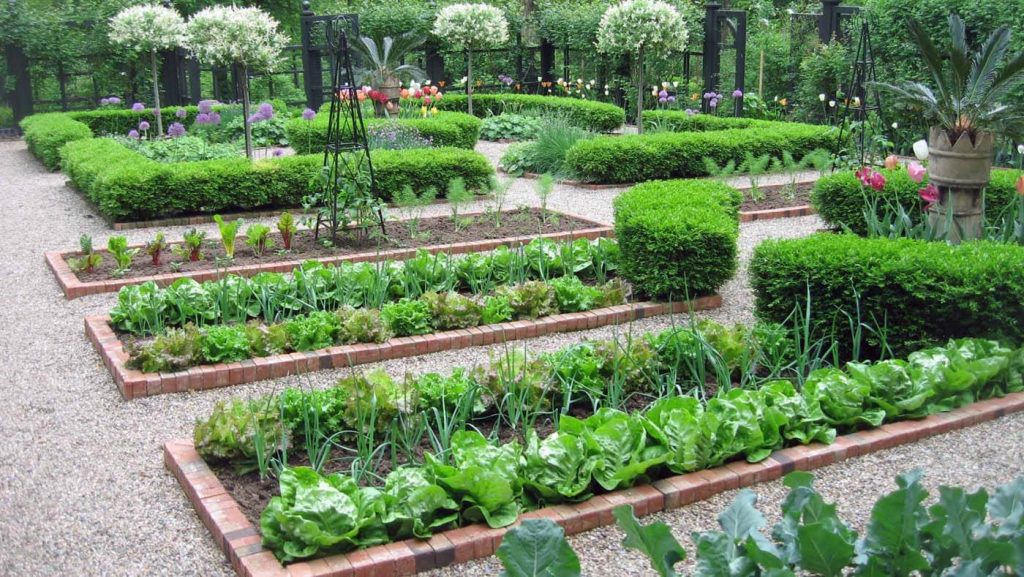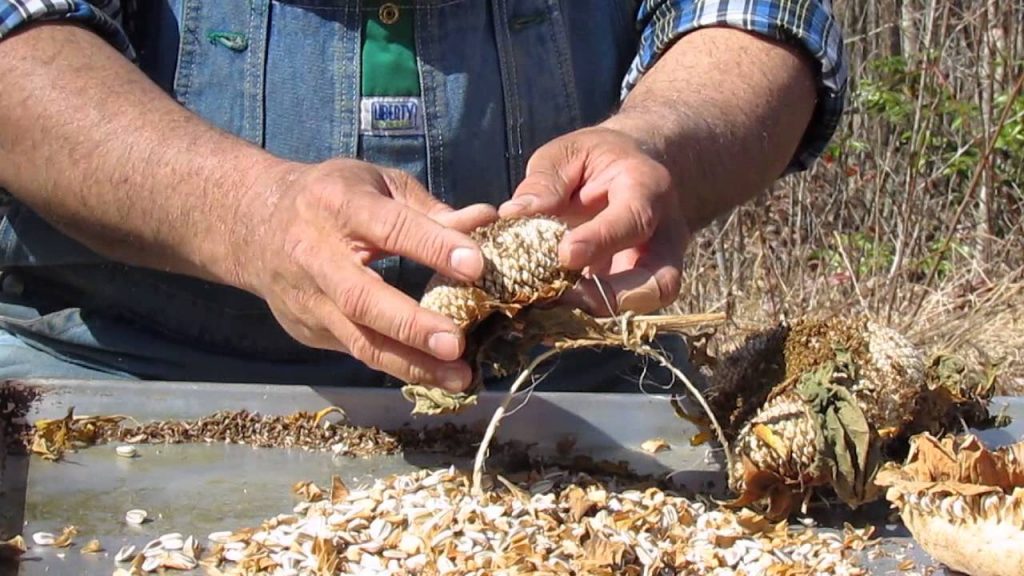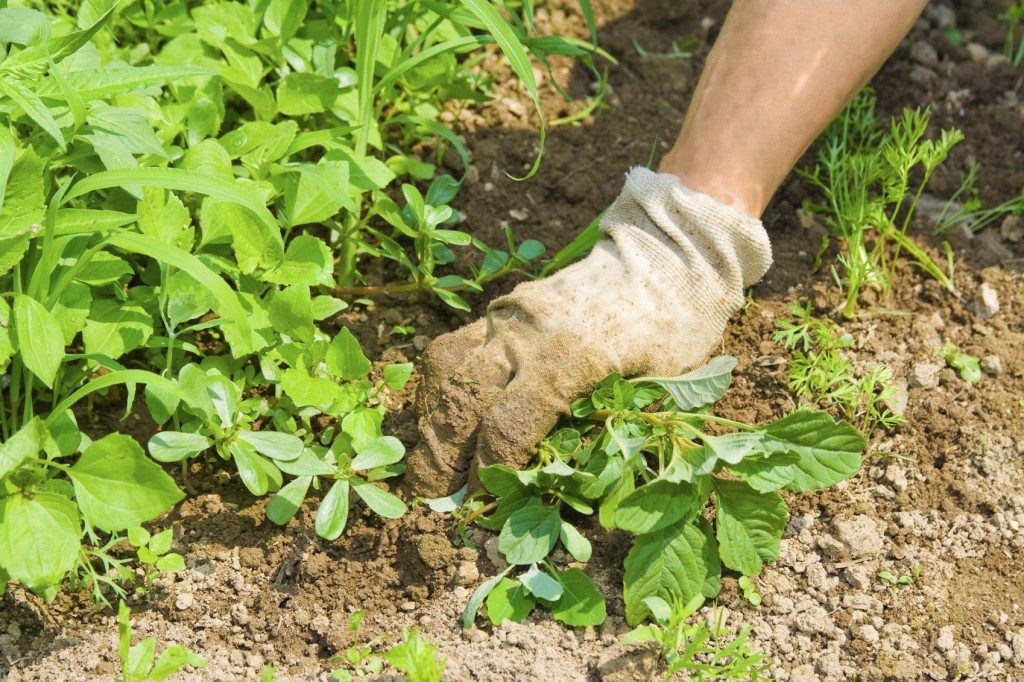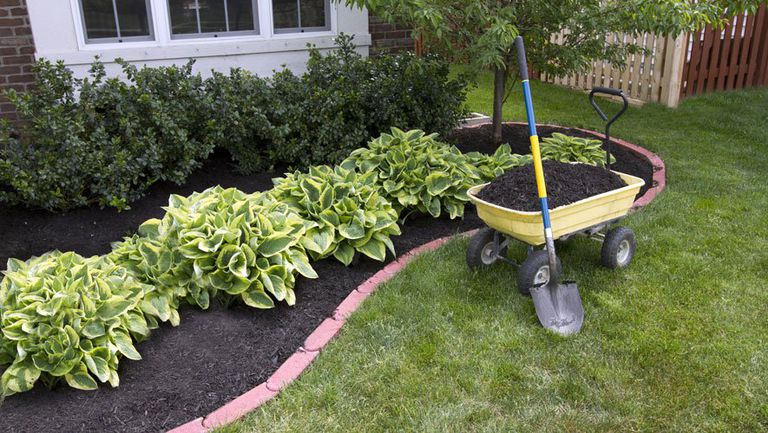
As the winter comes, it is time to rest, but cleaning your garden in fall is crucial if you want to start the next season ahead. Follow these nine tips and you will be sure that your garden is ready for the next year. Plus, you can rest during the winter, knowing that you have finished the job completely. Here they are:
Record your garden layout

The best time to record your garden layout is before the crops are removed. Record it while you can still remember it. It doesn’t take a lot of time for this but we assure you that it will be easier to prepare for the next year. You can plan your crop rotation better and get ready to solve issues such as pests.
Fall harvest
Before you start cleaning up, it is time for your final harvest. Take advantage of what the earth has to offer and collect it for the final time. This is something you can plan as the fall approaches.
Save Seeds

Harvesting seeds is difficult, but it can prove to be fruitful. It is a different type of harvest but if you save the seeds from crops and flowers which produced, you will increase your chances for growing in the next season. Those seeds are adapted to the conditions already.
Remove spent plants
There are two different ways of removing the spent plants. You can either rip them up or left them in place to biodegrade and they are both fine. But the best way to approach this issue is to left the root in place, but remove the upper end of the plant. In that way, soil will be enriched.
Weed the garden

Once you clear out the garden, spotting and removing weeds is much easier. It is advisable to do this now because it will save you time in spring. Some weeds such as clover, dandelion, chickweed, lamb’s quarters and purslane could even enrich the soil with nutrients but the others should be removed.
Loosen the soil
Another crucial step is to loosen the soil. It is important to remember that you should not turn it over. This will help the ground absorb as much of the winter rain as possible. However, be careful because you don’t want to destroy worm tunnels and fungal networks that keep the soil together over winter months.
Finished compost
Before the compost pile freezes, you can do some maintenance work. Fall is a good time to add finished compost to the garden with the additional soil amendments that will ready the ground for spring.
Sow cover crops/apply manure
Winter cover crops are a great solution as they increase microorganism activity and fertilize the garden but they reduce erosion as well. Most of the cover crops will die on their own, but there are ones that will sustain. You need to make sure these are turned into soil three weeks before planting in spring.
On the other hand, you can apply livestock manure and turn it into soil. In that case as well, the ground will be prepared for what’s to come.
Mulch garden beds

Last but not least, mulching garden beds will help you protect microorganisms that are found in the ground, worms and other insects. For this, you can use leaf mold which is shredded leafs and it will get the job down. Also, you can add perennials and combine it with the mold and straw.
Follow these nine tips and your garden will stay healthy throughout the winter and ready for the upcoming season.

















